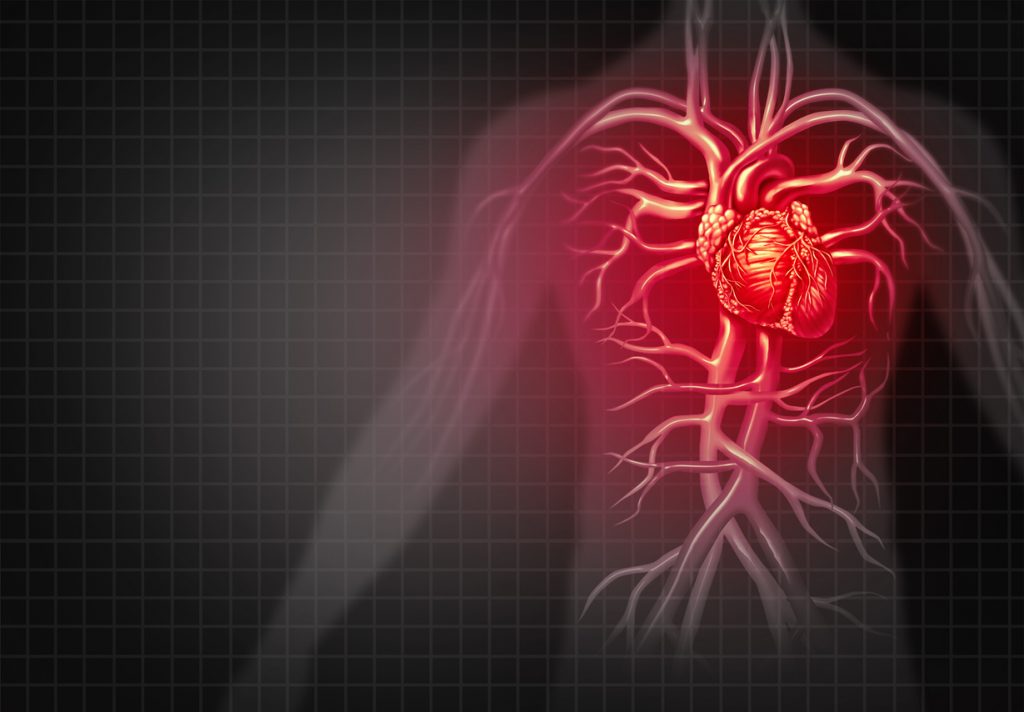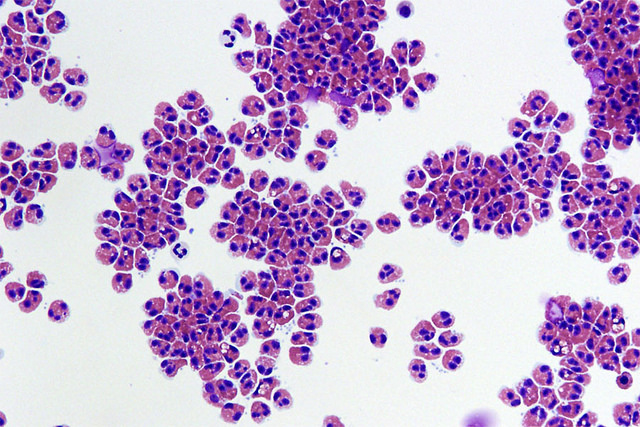The purpose of this study is to compare the effectiveness of tolvaptan or placebo in adults with worsening congestive heart failure (CHF).
The purpose of this study is to compare the effectiveness of tolvaptan or placebo in adults with worsening congestive heart failure (CHF). Condition: – Congestive Heart FailureStudy Type: InterventionalStudy Design: Treatment, Randomized, Double-Blind, Placebo Control, Parallel Assignment, Safety/Efficacy Study Official Title: Protocol 156-03-236: Multicenter, Randomized, Double-blind, Placebo-controlled Study to Evaluate the Long Term Efficacy and Safety of Oral Tolvaptan Tablets in Subjects Hospitalized with Worsening Congestive Heart Failure Further Study Details: Objectives:To compare the efficacy of tolvaptan or placebo in conjunction with optimal (as determined by the investigator) current therapy on the time to all-cause mortality in subjects hospitalized with worsening CHF To compare the efficacy of tolvaptan or placebo in conjunction with optimal (as determined by the investigator) current therapy on the patient-assessed global clinical status in subjects hospitalized with worsening CHF Study Design: Multicenter, randomized, double-blind, placebo-controlledAll subjects will be enrolled into the primary outcome study to assess the effect of tolvaptan on mortality. Two identical embedded trials will assess the acute clinical benefit of tolvaptan. Each center will be assigned to either Trial A or Trial B. The study will consist of screening and randomization within 48 hours of hospitalization, followed by an outpatient period. Subjects will return for outpatient assessments on Outpatient Weeks 1, 4, 8, and every 8 weeks thereafter. Subjects will be randomized into two groups to receive once daily: placebo or tolvaptan 30 mg QD. All subjects will continue to receive conventional therapy, which may include diuretics, digoxin, angiotensin-converting enzyme (ACE) inhibitors, angiotensin II receptor blockers (ARBs), hydralazine, nitrates, and beta-blockers. Subjects will be enrolled to achieve the required number of death events. Treatment will continue until the last pre-specified event and all subjects receive a minimum of 60 days of study drug. A follow-up visit will occur 7 days after the last dose of study drug to allow for adjustments in concomitant diuretic therapy. A follow-up telephone contact will occur 14 days after the last dose of study drug to collect safety information. All subjects terminating study drug early will be contacted every three months until the termination of the trial to collect safety information. Eligibility Ages Eligible for Study: 18 Years and above, Genders Eligible for Study: Both Criteria Inclusion Criteria:Age greater than or equal to 18 years. Current hospitalization for chronic congestive heart failure with admission up to 48 hours prior to randomization. Chronic heart failure is defined as requiring treatment for a minimum of 30 days prior to hospitalization. The subject must have signs of extracellular volume expansion, defined as two or more of the following: a) jugular venous distention; b) pitting edema (>1+); or c) dyspnea. NYHA Class III or IV at the time of hospitalization. Left Ventricular Ejection Fraction < = 40% within one year. Exclusion CriteriaWomen who will not adhere to the reproductive precautions as outlined in the Informed Consent form. Positive urine pregnancy test. Inability to provide written informed consent. Cardiac surgery within 60 days of potential study enrollment, excluding percutaneous coronary interventions. Planned revascularization procedures, electrophysiologic (EP) device implantation, cardiac mechanical support implantation, cardiac transplantation, or other cardiac surgery within 30 days following study enrollment. Subjects who are on cardiac mechanical support. History of bi-ventricular pacer placement within the last 60 days. Co-morbid condition with an expected survival less than six months. Subjects with acute ST segment elevation myocardial infarction at the time of hospitalization. History of sustained ventricular tachycardia or ventricular fibrillation within 30 days, unless in the presence of an automatic implantable cardioverter defibrillator. History of a cerebrovascular accident within the last 30 days. Hemodynamically significant uncorrected primary cardiac valvular disease. Hypertrophic cardiomyopathy (obstructive or non-obstructive). CHF due to uncorrected thyroid disease, active myocarditis or known amyloid cardiomyopathy. Subjects with progressive or episodic neurological disease such as multiple sclerosis or history of multiple strokes. History of primary significant liver disease or acute hepatic failure, as defined by the investigator. History of poorly controlled diabetes mellitus. Morbid obesity, defined as > 159 kg (or 350 lbs) or BMI > 40. Supine systolic arterial blood pressure < 90 mmHg. Serum creatinine > 3.5 mg/dL or > 309.4 mmol/L. Serum potassium > 5.5 mEq/L or > 5.5 mmol/L. Hemoglobin < 9 g/dL or < 90 g/L. History of hypersensitivity and/or idiosyncratic reaction to benzazepine derivatives (such as benazapril). History of drug or medication abuse within the past year, or current alcohol abuse. Inability to take oral medications. Participation in another clinical drug or device trial within the past 30 days. Previous participation in this or any other tolvaptan clinical trial. Expected Total Enrollment: 3600 [1] Otsuka Maryland Research Institute
All content and media on the HealthEngine Blog is created and published online for informational purposes only. It is not intended to be a substitute for professional medical advice and should not be relied on as health or personal advice. Always seek the guidance of your doctor or other qualified health professional with any questions you may have regarding your health or a medical condition. Never disregard the advice of a medical professional, or delay in seeking it because of something you have read on this Website. If you think you may have a medical emergency, call your doctor, go to the nearest hospital emergency department, or call the emergency services immediately.







